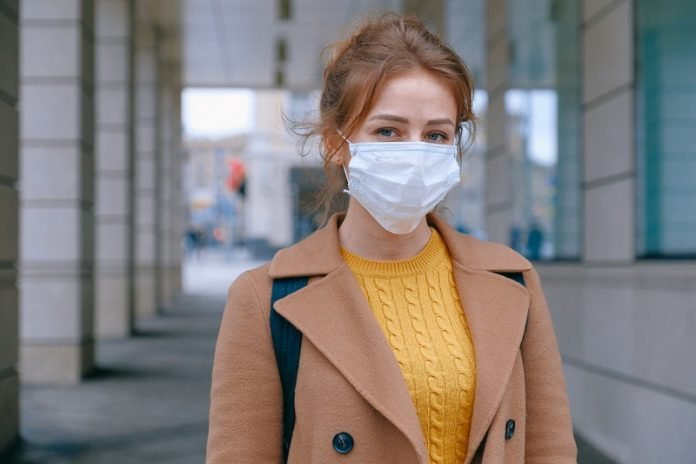
A newly discovered variant of the coronavirus was reported earlier this week, dubbed omicron, has sparked trepidation and speculation.
The World Health Organization sounded the alarm based mostly on the number and types of mutations in the variant, but what those mutations mean for how easily it spreads, how much vaccines protect against it and how severe symptoms are will take time to figure out.
And although the omicron variant has not been spreading in the U.S. to date, Dr. Adam Lauring, a virologist and infectious disease specialist, states that it is only a matter of time.
“We’ve had every other variant in the U.S. and probably here in Michigan,” he said. “You name it, we’ve had it: mu, lambda, alpha, beta, gamma, delta, epsilon– so I don’t see why we won’t have this one.”
What’s remarkable about omicron is that it has more than 30 mutations on the spike protein, specifically on the receptor binding domain, which the virus uses to attach to cells and is also a primary target for antibodies.
Researchers around the world are currently using neutralization assays to determine how well antibodies work against the omicron variant.
“With a neutralization assay, you take a vaccinated person’s blood and measure how well their antibodies block the virus. I would not be surprised if there’s a reduction, based on the mutations that are in spike in this variant.”
Dr. Lauring expects data from those tests to be available within the next week. Similar tests will be used to assess the monoclonal antibody therapies used for people at high-risk for severe COVID-19 disease.
While delta is currently spreading like wildfire, the question top of mind for many is, could omicron be worse?
Despite some early reports based on a cluster of cases in South Africa, Lauring says it’s too soon to say whether omicron is more transmissible than delta.
More insight into the spread of delta vs. omicron will likely come from other countries like Germany, where delta is currently circulating and where omicron clusters have popped up.
Lauring estimates early data on the growth rate of the omicron variant versus the delta variant will be available in two to four weeks.
Will vaccines work against omicron?
Naturally, one of the biggest questions among the vaccinated is will my COVID vaccine still protect me from the omicron variant?
Lauring says in all likelihood, the vaccine’s protection against infection may decline but protection against severe disease will remain in place. “I still have confidence that the vaccine will protect me from getting severely ill.”
He reiterates that antibodies are only part of the puzzle.
Antibodies protect against infection, the viruses’ ability to gain entry into cells in the respiratory tract and start to grow, but other important parts of the immune system come into play, like memory cells and T cells, to greatly reduce the chance for an infection to wreak havoc and cause severe disease, hospitalization and death.
The Centers for Disease Control and Prevention expanded their recommendation for COVID vaccine booster doses on November 29, to say all adults should get a booster if they are more than 6 months out from their primary series.
Based on what is known about the immune system, repeated exposure to the spike protein through a vaccine booster may help broaden the antibody response.
Is the omicron variant more deadly?
The wait to understand how severe omicron is, meaning the types of symptoms and health outcomes it causes, will be the longest.
There are numerous variables that come into play, including how old a person is, whether they have comorbidities, how big a wave of cases is in a given area, and whether health systems are overwhelmed, noted Lauring.
Whether COVID vaccines will need updating to be more specifically effective against omicron is unknown, and likely to be a policy decision based on data that will take time to obtain. In the meantime, Lauring suggests people sit tight.
Written by Kelly Malcom.
If you care about COVID, please read studies about why some people are less naturally resistant to COVID-19 and findings that these two things are the key to suppressing COVID-19.
For more information about the pandemic, please see recent studies about flu shot may help prevent severe COVID-19 and results showing that this inexpensive heart drug can help treat severe COVID-19.



